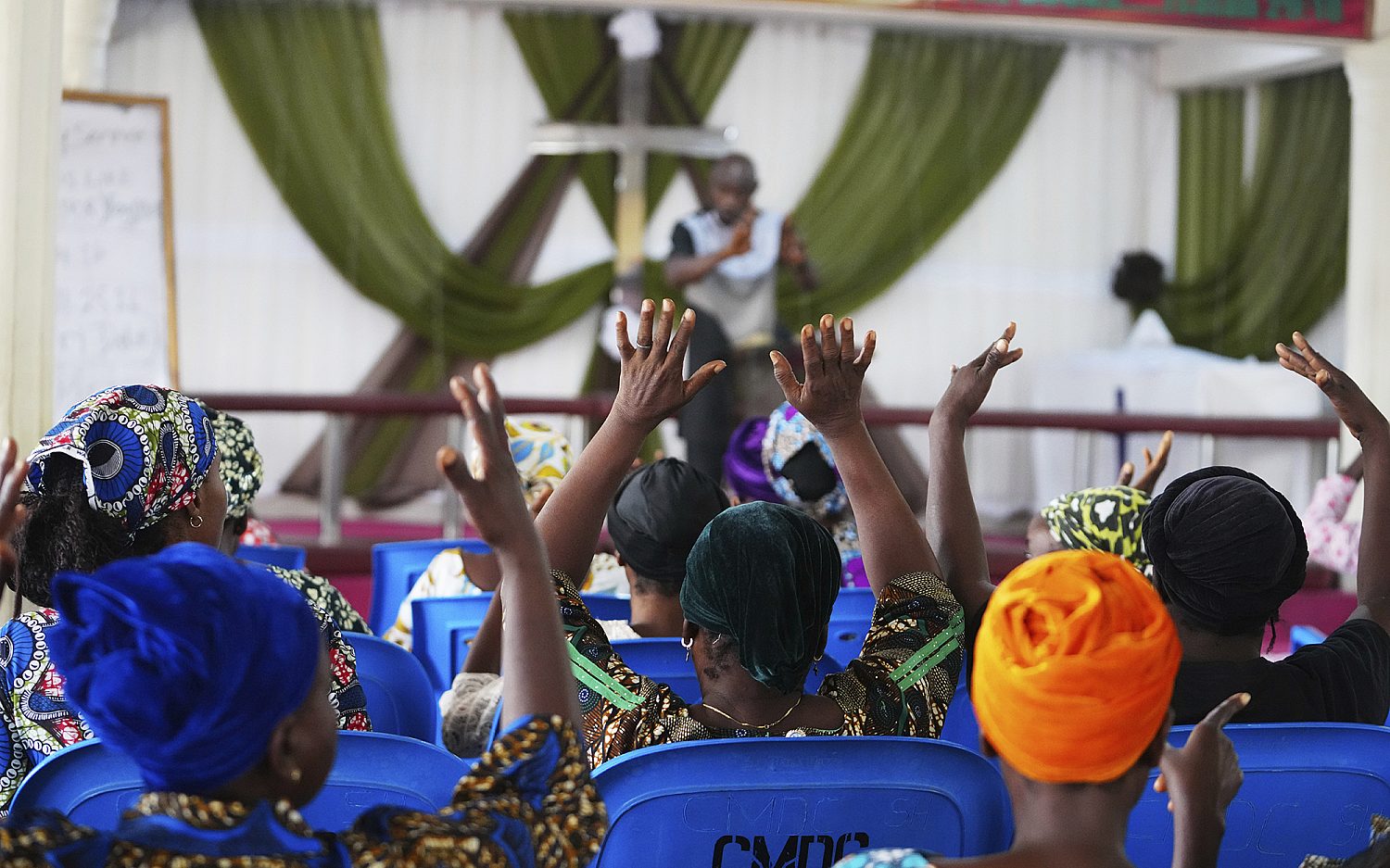New virus slams Caribbean, threatens Florida
A mosquito-borne virus that causes debilitating joint pain has nearly saturated the Caribbean and threatens to spread to Florida. The non-fatal virus, called chikungunya or CHIK-V, has infected people from Venezuela to Cuba. Doctors in Florida have treated more than 40 travelers who contracted the disease in the Caribbean.
“The month of May and thus far into June have been consumed by fighting this virus and the feelings of depression that come with it,” wrote Tara Livesay, an American missionary in Haiti who has a public health ministry. Healthcare workers say they feel helpless to treat the disease as its victims try to lie in bed perfectly still because moving makes the joint pain worse. The symptoms last seven to 10 days. Once infected, a patient usually has immunity from future infection.
Outbreaks of chikungunya previously occurred in Africa, India, and Europe. The virus first showed up in the Caribbean on the island of St. Martin in late 2013. Since then, it has hit the island of Hispaniola the hardest, with about 11,000 suspected cases in Haiti and 77,000 suspected cases in the Dominican Republic, according to the Caribbean Public Health Agency. Livesay wrote on her blog on June 7 that in an informal poll of a gathering of Haitian women, 80 percent of them reported having already had the virus.
Chikungunya spreads between infected people via mosquito bites. So far, public health agencies have not recorded human-to-human transmission. A significant marker in the life of the disease occurs when it starts being locally transmitted by mosquitoes and not just imported by travelers to affected countries.
Fear that chikungunya could cross the line into local transmission is growing in the United States. The two species of mosquitoes that spread chikungunya are found in the southern and eastern parts of the country, and some epidemiologists believe the first local transmissions could occur this summer, given the large number of American travelers to the Caribbean. There is no vaccine, and treatment is limited to ibuprofen and other painkillers for fever and joint pain. The best way to prevent it is to reduce mosquito bites by staying indoors, wearing bug repellent, and sleeping under a mosquito net. But in the Caribbean’s impoverished countries, where bug spray and air conditioning are luxuries for the rich, little can be done at this point to stop the course of the virus.
The Associated Press contributed to this report.
An actual newsletter worth subscribing to instead of just a collection of links. —Adam
Sign up to receive The Sift email newsletter each weekday morning for the latest headlines from WORLD’s breaking news team.





Please wait while we load the latest comments...
Comments
Please register, subscribe, or log in to comment on this article.